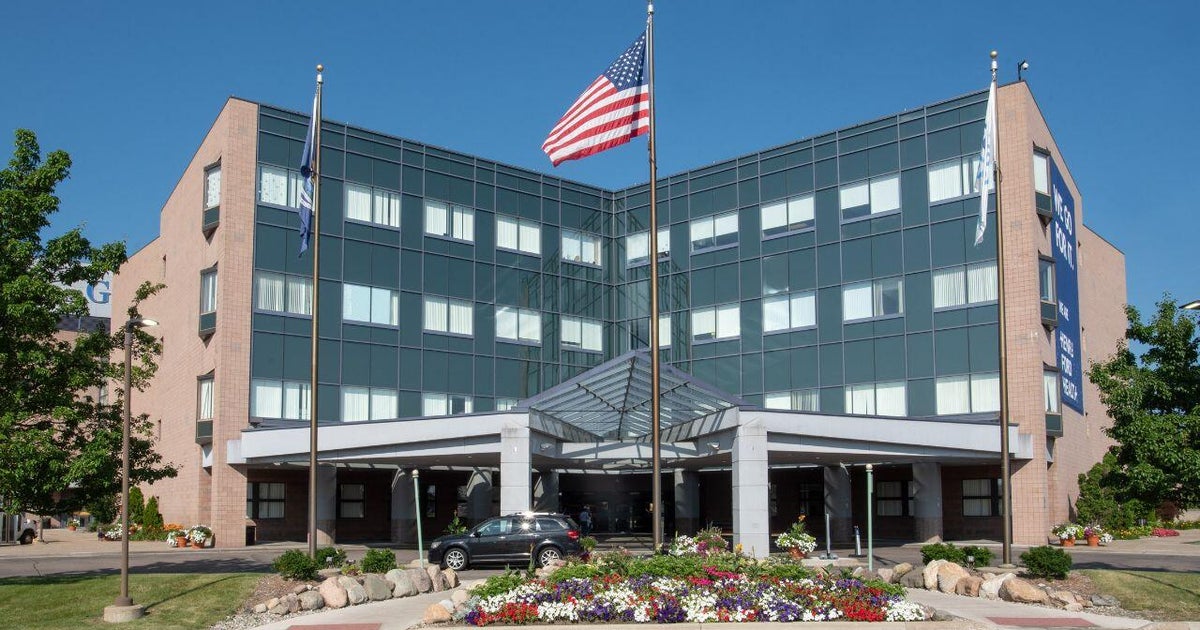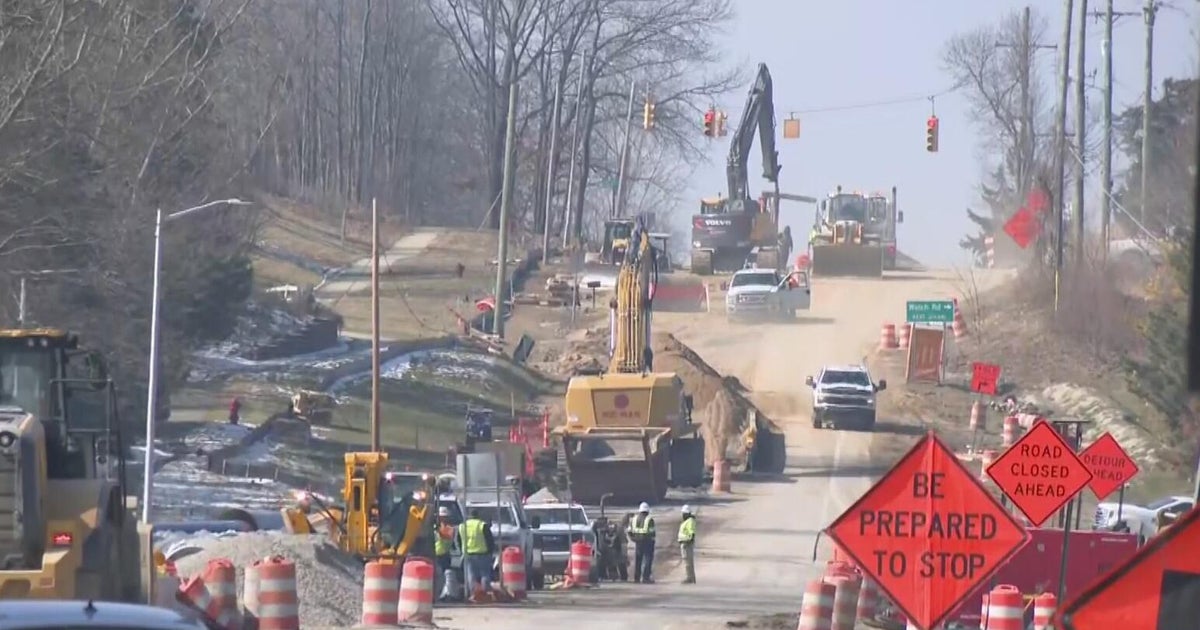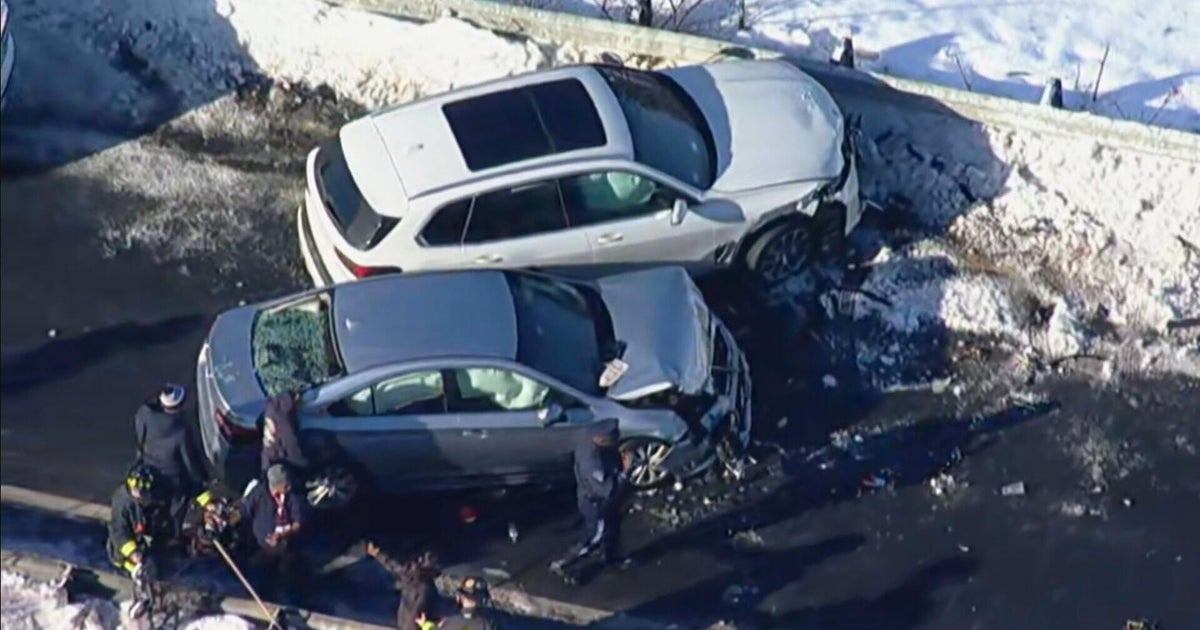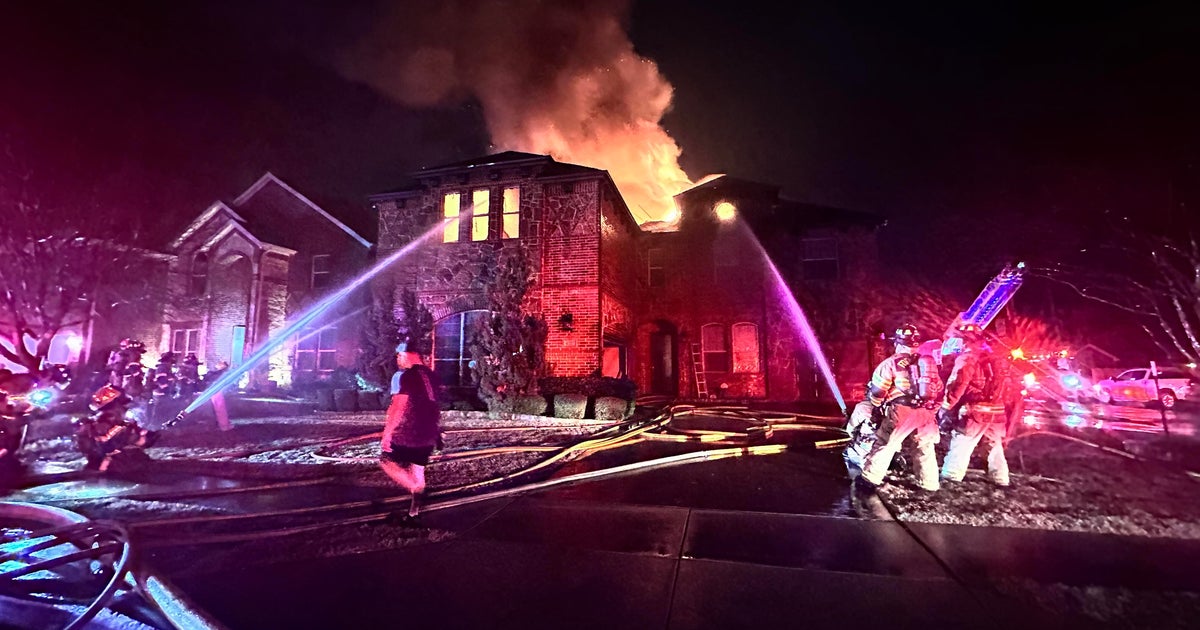Tufts Medical Center Hit By First Nurses Strike In Boston In 31 Years
BOSTON (CBS) — More than 1,200 nurses at Tufts Medical Center went on strike at 7 a.m. Wednesday after last-minute negotiations between the union and the hospital failed.
It's the first nurses strike in Boston in more than 30 years.
"I feel like we're at a moment that I knew we were going to come to. None of us wanted this to happen," said nurse Karen Currier. "If we can't stand and get something changed, at least about staffing, then I don't know is right in the world anymore."
The one-day strike at Tufts is a protest of what the Massachusetts Nurses Association says are the hospital's "safety issues." They're asking for more nurses, wage improvements, and pension protections for the nurses they represent at the hospital.
"It's not a place that any of us wanted to be but we feel very much forced into this situation," said Mary Havlicek Cornacchia. "The administration has not been listening to our concerns all along."
At 10:30 Tufts officials came forward to update the media on the strike.
Terry Hudson-Jinks, Chief Nursing Officer, emphasized that she believes the strike is not about safety or staffing, but about pensions.
"It's a money issue. How do I know that? We agreed--and actually, it was our idea-- to put additional ICU nurses in the contract of our final proposal. They rejected that. That tells you it's not about the staffing. It's about money, it's about the pension," Hudson-Jinks said.
In a statement Wednesday, she elaborated, "The final sticking point is the union's insistence that our nurses' retirement savings be co-mingled in a much larger and riskier pension fund. The plan is risky for the Medical Center and for nurses, not to mention much more expensive."
Tufts Medical Center CEO Michael Wagner assured that patients are being cared for by 320 experienced replacement nurses.
He told a story about a patient saying they would not have noticed a difference in nursing had they not known there was a strike.
"I don't think there's any more that we could have done, we put a very generous proposal on the table in terms of compensation and in terms of the conversion of the pension plan," said Wagner.
"The difficulty here is that I'm not sure there's that alignment because I believe there is a stronger corporate objective at the MNA level and that Tufts Medical Center and our nurses have been drawn into that process from the corporate level from MNA and that this is something we are going to see more of across the state."
Beyond their position on the MNA proposals, Wagner said Tufts was acting responsibly for the sake of the city.
"We have a commitment to our community, our community of Boston, our community of referring physicians. The decision we made to run the organization as normally as possible, I think given the circumstances of where Boston is today in terms of hospitals being busy, is not only important for us but important for the Boston community."
Nurses who chose to strike will be locked out for an additional four days. They will be allowed to return to work Monday at 7 a.m.
"We have very sick cancer patients that we are leaving inside and it's heartbreaking. It's really hard for us to be out here and to leave them inside," said nurse Toni Maloney.
According to Hudson-Jinks, about 12 nurses chose not to strike.
Boston Mayor Marty Walsh hopes both sides get back to the table.
"These three-hour negotiations aren't going to work. Go around the clock for 24, 48 hours and resolve this thing. There's more at stake than the pride of the hospital and the pride of the union," the mayor said.
Some patients were emotional about the strike as well.
Eian Bain said his baby was born premature-- and wouldn't be alive if it wasn't for the Tufts nurses.
WBZ NewsRadio 1030's Carl Stevens reports







